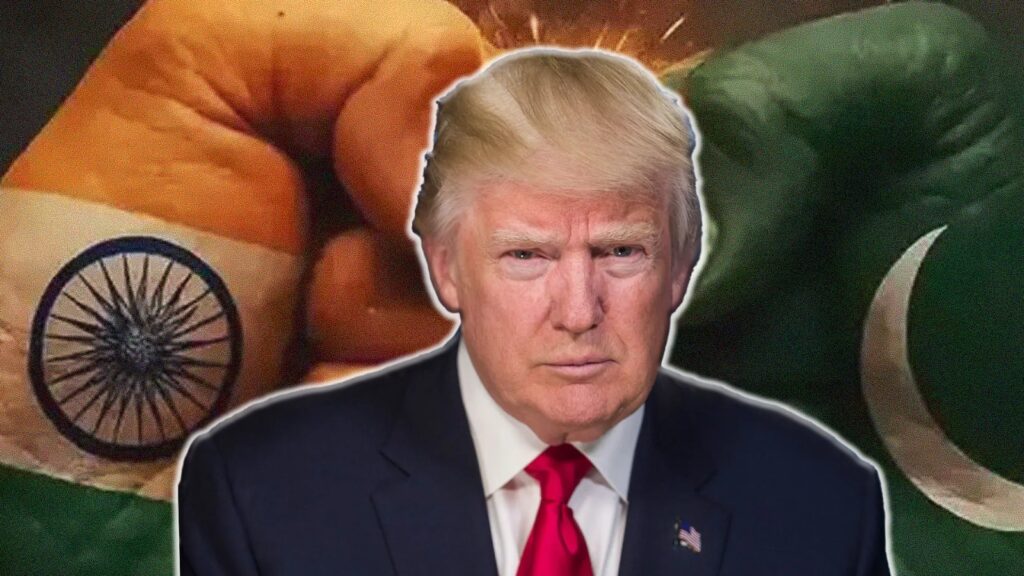In a dramatic turn of events, a sudden and unexpected ceasefire between nuclear-armed rivals India and Pakistan has caught global attention. According to a detailed report published by CNN, behind-the-scenes pressure from the United States, sparked by a serious intelligence tip, played a pivotal role in halting a rapidly escalating military confrontation.
The ceasefire, which took effect on Saturday around 4:30 PM local time, came after intense cross-border hostilities. India had launched missile strikes on key Pakistani military installations in Rawalpindi and other cities late Friday night. In a swift and powerful response, Pakistan initiated “Operation Bunyān al-Marsūs,” targeting multiple Indian military sites. Even Indian officials reluctantly confirmed the damage caused by Pakistan’s retaliatory strikes.
Initially, hopes for de-escalation appeared slim. However, a significant shift occurred when Indian Foreign Secretary Vikram Misri unexpectedly stated that India “does not wish to continue the war—if Pakistan also seeks peace.” It marked the first softening of India’s stance amid the crisis.
CNN reports that early Friday morning, U.S. Vice President JD Vance received a classified intelligence report labeled as “dangerous,” related to the ongoing India-Pakistan conflict. While officials withheld the nature of the intelligence, they admitted it compelled Washington to intervene more actively. Vance briefed President Donald Trump immediately and then placed an urgent call to Indian Prime Minister Narendra Modi.
According to CNN’s sources, Vance urged Modi to establish direct communication with Pakistan and explore de-escalation options. The U.S. reportedly suggested a plan to Modi that Pakistan would be willing to accept, although the plan’s details remain undisclosed.
Soon after, India and Pakistan’s Directors General of Military Operations (DGMOs) established contact. By Saturday afternoon, President Trump publicly announced a U.S.-facilitated ceasefire between the two nations—a claim later confirmed by both Islamabad and New Delhi.
The ceasefire has sparked backlash within India, especially towards Prime Minister Modi’s administration. Critics argue the Indian government, after consistently rejecting Pakistan’s peace overtures, was forced into negotiations due to Pakistan’s decisive military response and pressure stemming from U.S. intelligence findings.
While both countries remain officially silent on the intelligence that triggered American involvement, the CNN report offers rare insight into how a single classified tip—and subsequent high-level diplomacy—averted what could have been a catastrophic regional war.





